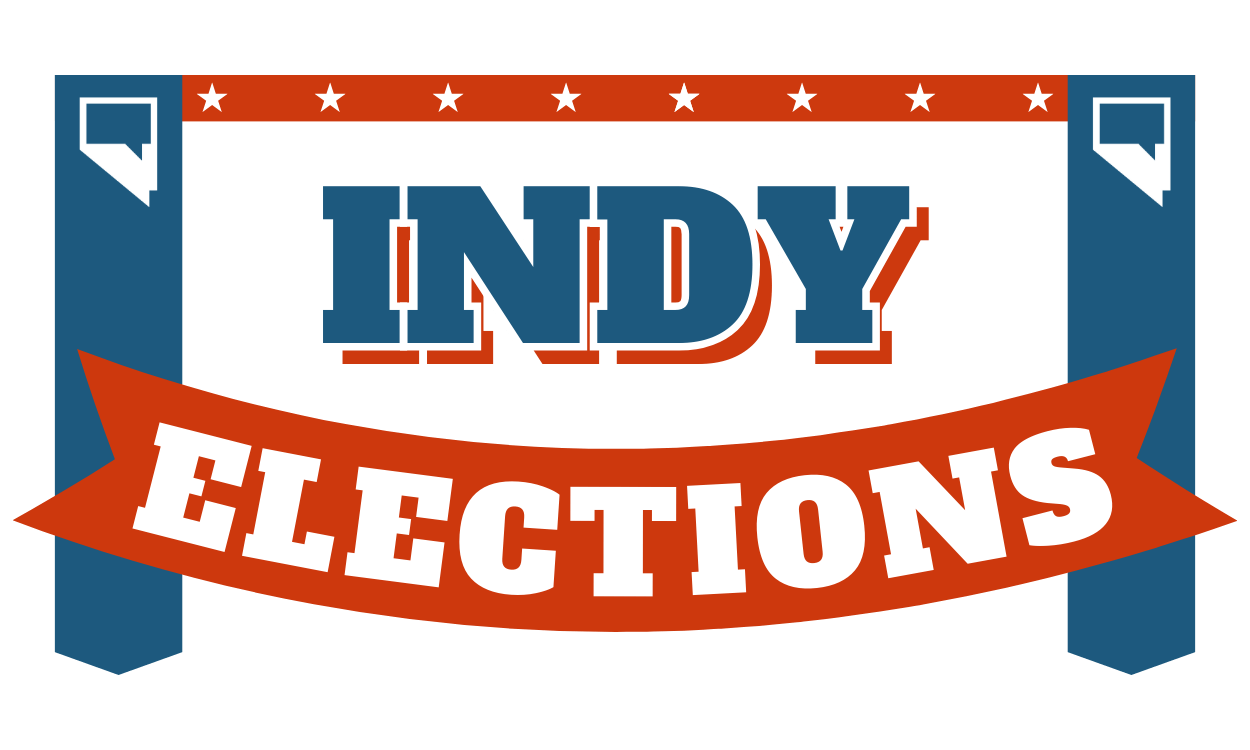AG Ford: 'Nothing changed' ahead of decision to charge Nevada fake electors

Democratic Attorney General Aaron Ford on Tuesday defended his decision to charge six Nevada Republicans with fraud-related felonies last week over the 2020 fake elector scheme, in part by announcing publicly that the investigation has been running “for years.”
In a 20-minute press conference in Las Vegas, Ford rebuffed criticism that the charges were politically motivated and defended the length of his office’s investigation — which ended in indictments handed down by a grand jury last week, nearly three years after the 2020 election.
Instead, Ford said that the three-year statute of limitations on such crimes that would have expired this week was the only time frame that “really matters.”
“Nothing changed,” Ford said. “As I've indicated, what we've been endeavoring to do is ensure that we have enough facts and evidence to support every element of the crimes that we rest our indictment on and will be prosecuted. Every element. And I’m on no one’s time frame, at all.”
The six fake electors include four top members of the state Republican Party apparatus — Chair Michael McDonald, national committeeman Jim DeGraffenreid, Clark County Republican Party Chair Jesse Law and state party Vice Chair Jim Hindle III — as well as Shawn Meehan and Eileen Rice. On Dec. 14, 2020, those six individuals held a meeting in Carson City in which they cast false electoral votes for former President Donald Trump, then in the thick of pursuing a nationwide net of legal challenges to stop the inauguration of Joe Biden as president amid unsupported claims of massive voter fraud.
Ford defended his eventual decision to prosecute the six fake electors after saying that current state law “did not directly address the conduct in question” during a hearing for SB133 in May, a law that would have criminalized such schemes (and was later vetoed by Republican Gov. Joe Lombardo).
At the press conference, he said his past remarks were not incongruous with his decision to investigate the fake electors — an investigation he said had been going on for at least a year when he gave that testimony in May 2023. Ford said he still agrees with his prior comment that no Nevada statute explicitly criminalizes attempts to falsely file an elector slate.
"That’s why I said no law directly addressed this situation,” Ford said. “Because in my estimation, it did not. What I did not say was that there were no other generally applicable state statutes to address what these defendants did.”
Ultimately, the attorney general’s office pursued an indictment on charges it found within the existing Nevada code.
A Clark County grand jury indicted the six Republicans on two felony charges each last Wednesday — one count for "offering false instrument" in a filing and another for “uttering a forged instrument” — after they submitted the false documents to state and federal officials.
The charges are category C and D felonies, respectively, and could be punishable by up to four and five years in prison and a minimum of one year.
Ford announced Tuesday that all six will be arraigned in Clark County District Court on Monday, where they will enter their pleas. Ford did not disclose any new evidence during his Tuesday press conference, citing the state’s ongoing prosecution.
Ford’s indictment comes as prosecutors in Georgia and Michigan filed charges against their respective fake electors earlier this year, and as a Democratic attorney general in Arizona opened a similar investigation.
Ford said the success of indictments in other states — and the quicker pace in which they were filed — did not motivate him to pursue a case in Nevada. The only relevant timeline, he said, was the statute of limitations.
“I don’t feel compelled to justify the length of my investigation,” Ford said. “We’re not comparing our case to any other state.”
Nevada’s case is narrower than Georgia’s or Michigan’s, where prosecutors targeted a broader swath of people involved in efforts to overturn the election and hit the fake electors with more charges. But there are commonalities across the various states, including the presence of Kenneth Chesebro, a lawyer with the Trump campaign who advised the fake electors and provided documents, press release templates and memos on how to proceed with ceremonies and filings. While Chesebro is included in the Georgia indictment, Ford’s office declined to seek an indictment against him — and the attorney general demurred as to why. As a witness, Chesebro is cooperating with Nevada investigators.
McDonald and DeGraffenreid are also in the crosshairs of a federal case against Trump, having testified to a grand jury in Washington, D.C., about efforts to overturn the 2020 election.
Ford also noted that he felt the case was a lose-lose political proposition, and said whether or not he prosecuted the case against the fake electors he would be accused of bowing to political pressure.
"I fully expect partisan attacks as a response to these indictments — just as I received when some thought I would not seek to hold these defendants accountable,” he said. “But I do not make prosecutorial decisions based on public opinion or political persuasion — neither from those who agree with me nor those who disagree with me.”


